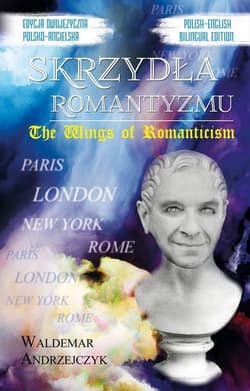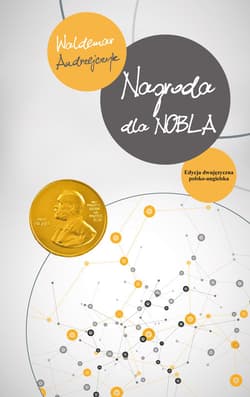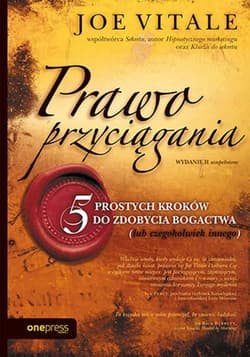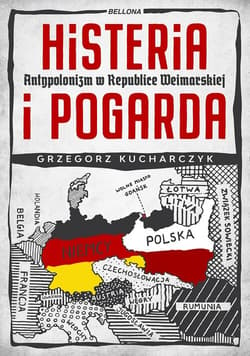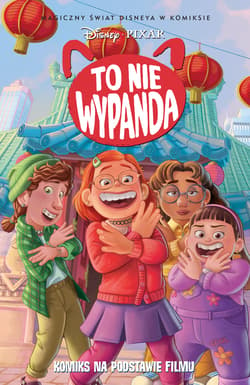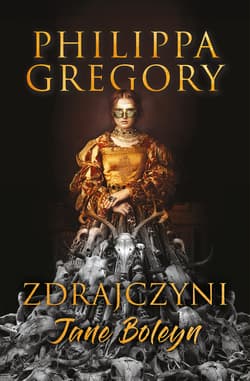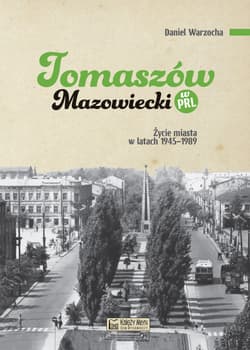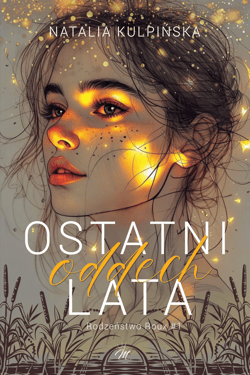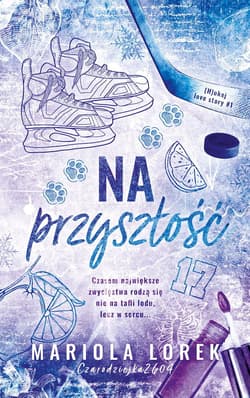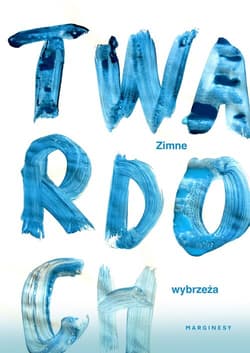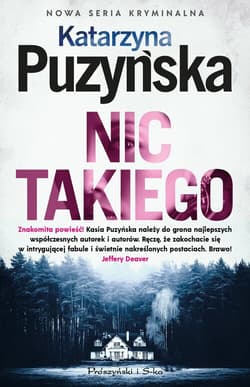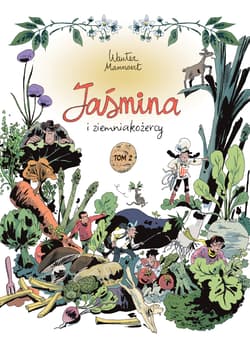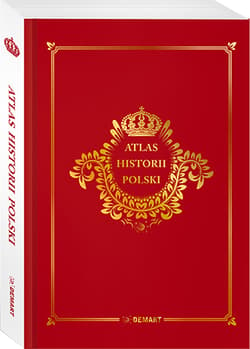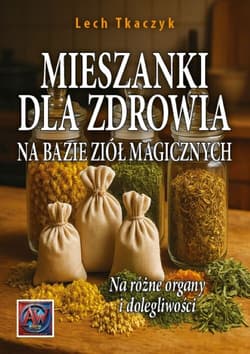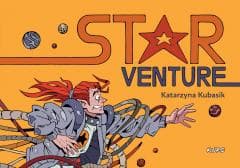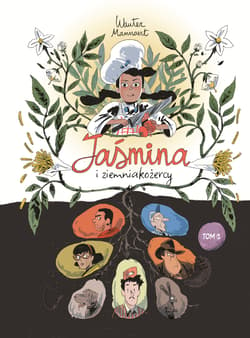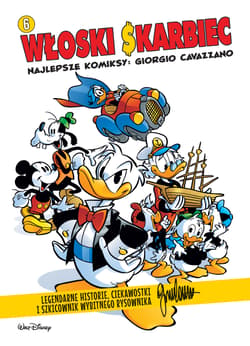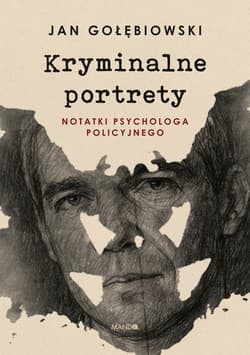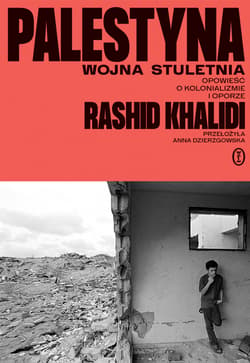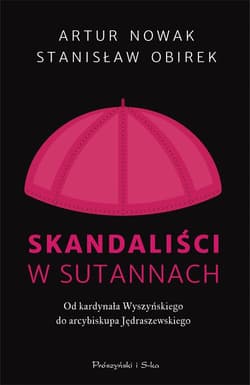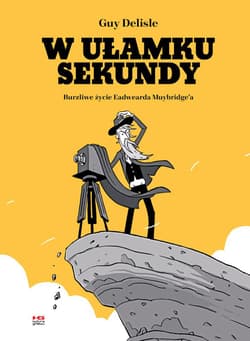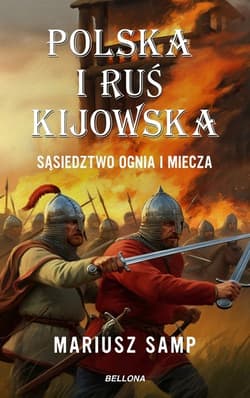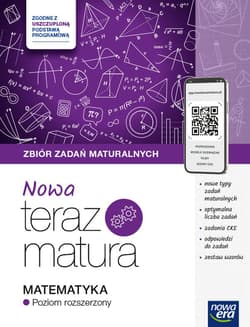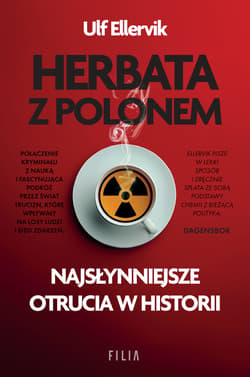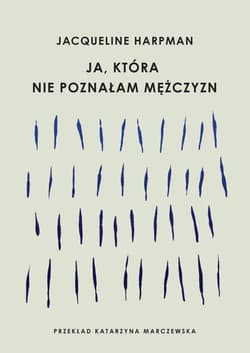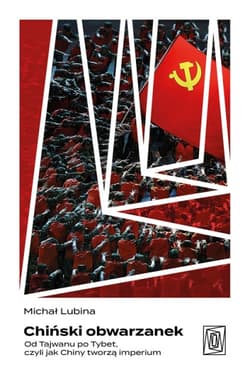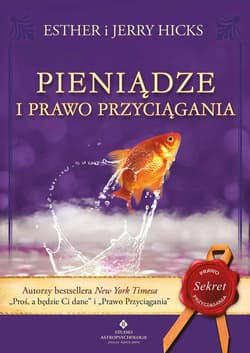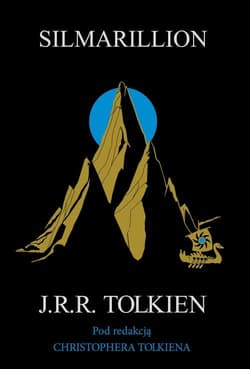Waldemar Andrzejczyk
35,40 zł
Najniższa cena z 30 dni przed obniżką.
59,00 zł
- sugerowana cena detaliczna
Waldemar Andrzejczyk
Książka. Okładka twarda
35,40 zł
Najniższa cena z 30 dni przed obniżką.
59,00 zł
- sugerowana cena detaliczna
Waldemar Andrzejczyk
Książka. Okładka broszurowa (miękka)
Bestsellery
37,46 zł
Najniższa cena z 30 dni przed obniżką.
49,90 zł
- sugerowana cena detaliczna
Vitale Joe
Książka. Okładka broszurowa (miękka)
33,95 zł
Najniższa cena z 30 dni przed obniżką.
49,90 zł
- sugerowana cena detaliczna
Grzegorz Kucharczyk
9,1 (8)
Książka. Okładka broszurowa (miękka)
27,44 zł
Najniższa cena z 30 dni przed obniżką.
34,99 zł
- sugerowana cena detaliczna
Joseph Murphy
Książka. Okładka broszurowa (miękka)
23,70 zł
Najniższa cena z 30 dni przed obniżką.
34,99 zł
- sugerowana cena detaliczna
Opracowanie Zbiorowe
Książka. Okładka broszurowa (miękka)
35,79 zł
Najniższa cena z 30 dni przed obniżką.
54,90 zł
- sugerowana cena detaliczna
Iwona Jaworska
7,9 (50)
Książka. Okładka broszurowa ze skrzydełkami
33,99 zł
Najniższa cena z 30 dni przed obniżką.
54,99 zł
- sugerowana cena detaliczna
Philippa Gregory
8,9 (8)
Książka. Okładka broszurowa ze skrzydełkami
55,99 zł
Najniższa cena z 30 dni przed obniżką.
79,90 zł
- sugerowana cena detaliczna
Daniel Warzocha
Książka. Okładka twarda
31,31 zł
Najniższa cena z 30 dni przed obniżką.
57,65 zł
- sugerowana cena detaliczna
6,7 (98)
Książka. Okładka twarda
35,79 zł
Najniższa cena z 30 dni przed obniżką.
54,90 zł
- sugerowana cena detaliczna
Natalia Kulpińska
Książka
33,99 zł
Najniższa cena z 30 dni przed obniżką.
54,90 zł
- sugerowana cena detaliczna
Mariola Lorek
8,1 (26)
Książka. Okładka broszurowa (miękka)
25,99 zł
Najniższa cena z 30 dni przed obniżką.
39,99 zł
- sugerowana cena detaliczna
null null
Książka. Okładka broszurowa (miękka)
32,55 zł
Najniższa cena z 30 dni przed obniżką.
54,90 zł
- sugerowana cena detaliczna
Szczepan Twardoch
6,3 (710)
Książka. Okładka broszurowa ze skrzydełkami
33,25 zł
Najniższa cena z 30 dni przed obniżką.
54,99 zł
- sugerowana cena detaliczna
Katarzyna Puzyńska
7,3 (382)
Książka. Okładka broszurowa ze skrzydełkami
33,99 zł
Najniższa cena z 30 dni przed obniżką.
49,99 zł
- sugerowana cena detaliczna
Jerzy Strączyński
Książka. Okładka broszurowa ze skrzydełkami
29,33 zł
Najniższa cena z 30 dni przed obniżką.
44,99 zł
- sugerowana cena detaliczna
Wauter Mannaert
6,8 (4)
Książka. Okładka twarda
31,45 zł
Najniższa cena z 30 dni przed obniżką.
49,90 zł
- sugerowana cena detaliczna
Grycman Julia
8,6 (12)
Książka. Okładka broszurowa (miękka)
36,99 zł
Najniższa cena z 30 dni przed obniżką.
59,99 zł
- sugerowana cena detaliczna
Przemysław Piotrowski
10,0 (1)
Książka. Okładka twarda
23,70 zł
Najniższa cena z 30 dni przed obniżką.
34,99 zł
- sugerowana cena detaliczna
Opracowanie Zbiorowe
Książka. Okładka broszurowa (miękka)
77,94 zł
Najniższa cena z 30 dni przed obniżką.
129,90 zł
- sugerowana cena detaliczna
Opracowanie Zbiorowe
Książka. Okładka twarda
28,49 zł
Najniższa cena z 30 dni przed obniżką.
45,00 zł
- sugerowana cena detaliczna
Lech Tkaczyk
Książka. Okładka broszurowa (miękka)
40,78 zł
Najniższa cena z 30 dni przed obniżką.
54,90 zł
- sugerowana cena detaliczna
Samantha Young
7,5 (1765)
Książka. Okładka broszurowa (miękka)
44,99 zł
Najniższa cena z 30 dni przed obniżką.
75,00 zł
- sugerowana cena detaliczna
Kubasik Katarzyna
Książka. Okładka broszurowa (miękka)
29,33 zł
Najniższa cena z 30 dni przed obniżką.
44,99 zł
- sugerowana cena detaliczna
Frederic Maupome
Książka. Okładka twarda
43,41 zł
Najniższa cena z 30 dni przed obniżką.
69,99 zł
- sugerowana cena detaliczna
Opracowanie Zbiorowe
7,5 (6)
Książka. Okładka twarda
29,94 zł
Najniższa cena z 30 dni przed obniżką.
49,90 zł
- sugerowana cena detaliczna
Gołębiowski Jan
7,3 (135)
Książka. Okładka broszurowa (miękka)
31,59 zł
Najniższa cena z 30 dni przed obniżką.
49,99 zł
- sugerowana cena detaliczna
Hakan Nesser
7,0 (60)
Książka. Okładka broszurowa (miękka)
40,79 zł
Najniższa cena z 30 dni przed obniżką.
59,99 zł
- sugerowana cena detaliczna
Kristoffer Rønneberg
7,9 (75)
Książka. Okładka broszurowa ze skrzydełkami
37,39 zł
Najniższa cena z 30 dni przed obniżką.
54,99 zł
- sugerowana cena detaliczna
Kuciel Maciej
7,0 (118)
Książka. Okładka broszurowa ze skrzydełkami
40,79 zł
Najniższa cena z 30 dni przed obniżką.
59,99 zł
- sugerowana cena detaliczna
Alexander Clapp
8,0 (106)
Książka. Okładka broszurowa ze skrzydełkami
30,79 zł
Najniższa cena z 30 dni przed obniżką.
54,99 zł
- sugerowana cena detaliczna
Naomi Watts
7,5 (56)
Książka. Okładka broszurowa ze skrzydełkami
54,39 zł
Najniższa cena z 30 dni przed obniżką.
79,99 zł
- sugerowana cena detaliczna
Zeinab Badawi
7,3 (70)
Książka. Okładka twarda
40,28 zł
Najniższa cena z 30 dni przed obniżką.
69,90 zł
- sugerowana cena detaliczna
Keefe Patrick Radden
7,5 (84)
Książka. Okładka twarda
29,99 zł
Najniższa cena z 30 dni przed obniżką.
49,90 zł
- sugerowana cena detaliczna
Anna Kańtoch
6,8 (619)
Książka. Okładka broszurowa ze skrzydełkami
48,75 zł
Najniższa cena z 30 dni przed obniżką.
79,91 zł
- sugerowana cena detaliczna
Rashid Khalidi
7,8 (116)
Książka. Okładka twarda
37,60 zł
Najniższa cena z 30 dni przed obniżką.
49,99 zł
- sugerowana cena detaliczna
Alicja Sinicka
Książka. Okładka broszurowa ze skrzydełkami
31,45 zł
Najniższa cena z 30 dni przed obniżką.
49,99 zł
- sugerowana cena detaliczna
Artur Nowak,
Stanisław Obirek
6,0 (150)
Książka. Okładka twarda
55,39 zł
Najniższa cena z 30 dni przed obniżką.
89,90 zł
- sugerowana cena detaliczna
Guy Delisle
Książka. Okładka broszurowa (miękka)
71,99 zł
Najniższa cena z 30 dni przed obniżką.
120,00 zł
- sugerowana cena detaliczna
Henryk Chmielewski
7,0 (6)
Książka. Okładka twarda
59,94 zł
Najniższa cena z 30 dni przed obniżką.
99,90 zł
- sugerowana cena detaliczna
Andrzej Chwalba
Książka. Okładka twarda
71,99 zł
Najniższa cena z 30 dni przed obniżką.
120,00 zł
- sugerowana cena detaliczna
Henryk Jerzy Chmielewski
7,6 (7)
Książka. Okładka twarda
33,94 zł
Najniższa cena z 30 dni przed obniżką.
49,90 zł
- sugerowana cena detaliczna
Mariusz Samp
7,6 (11)
Książka. Okładka broszurowa ze skrzydełkami
36,68 zł
Najniższa cena z 30 dni przed obniżką.
49,50 zł
- sugerowana cena detaliczna
Babiański Wojciech,
Chańko Lech,
Czarnowska Joanna
Książka. Okładka broszurowa (miękka)
29,94 zł
Najniższa cena z 30 dni przed obniżką.
49,90 zł
- sugerowana cena detaliczna
Ulf Ellervik
7,2 (375)
Książka. Okładka broszurowa (miękka)
28,35 zł
Najniższa cena z 30 dni przed obniżką.
42,00 zł
- sugerowana cena detaliczna
Raja Shehadeh
7,3 (293)
Książka. Okładka broszurowa (miękka)
35,99 zł
Najniższa cena z 30 dni przed obniżką.
49,00 zł
- sugerowana cena detaliczna
Jacqueline Harpman
Książka. Okładka broszurowa ze skrzydełkami
18,85 zł
Najniższa cena z 30 dni przed obniżką.
29,99 zł
- sugerowana cena detaliczna
Rikin Parekh
7,0 (1)
Książka. Okładka broszurowa (miękka)
37,49 zł
Najniższa cena z 30 dni przed obniżką.
49,99 zł
- sugerowana cena detaliczna
Małgorzata Oliwia Sobczak
10,0 (1)
Książka. Okładka broszurowa ze skrzydełkami
30,49 zł
Najniższa cena z 30 dni przed obniżką.
49,90 zł
- sugerowana cena detaliczna
Andrzej Kobalczyk
8,0 (2)
Książka. Okładka broszurowa (miękka)
39,94 zł
Najniższa cena z 30 dni przed obniżką.
59,90 zł
- sugerowana cena detaliczna
Nassim Nicholas Taleb
Książka. Okładka broszurowa ze skrzydełkami
18,85 zł
Najniższa cena z 30 dni przed obniżką.
29,99 zł
- sugerowana cena detaliczna
Joanna Nadin
Książka. Okładka broszurowa (miękka)
37,39 zł
Najniższa cena z 30 dni przed obniżką.
54,99 zł
- sugerowana cena detaliczna
Michał Lubina
7,7 (338)
Książka. Okładka broszurowa ze skrzydełkami
39,70 zł
Najniższa cena z 30 dni przed obniżką.
59,50 zł
- sugerowana cena detaliczna
Hicks Esther i Jerry
Książka. Okładka broszurowa (miękka)
35,86 zł
Najniższa cena z 30 dni przed obniżką.
49,00 zł
- sugerowana cena detaliczna
Bora Chung
7,2 (876)
Książka. Okładka broszurowa ze skrzydełkami
33,94 zł
Najniższa cena z 30 dni przed obniżką.
49,90 zł
- sugerowana cena detaliczna
Weronika Plota
7,7 (1161)
Książka. Okładka broszurowa ze skrzydełkami
31,97 zł
Najniższa cena z 30 dni przed obniżką.
47,90 zł
- sugerowana cena detaliczna
Weronika Plota
Książka. Okładka broszurowa ze skrzydełkami
59,40 zł
Najniższa cena z 30 dni przed obniżką.
99,00 zł
- sugerowana cena detaliczna
Geoff Johns Gary Frank
Książka. Okładka broszurowa (miękka)
49,99 zł
Najniższa cena z 30 dni przed obniżką.
68,00 zł
- sugerowana cena detaliczna
Marc Hartzman
8,1 (43)
Książka. Okładka broszurowa ze skrzydełkami
39,94 zł
Najniższa cena z 30 dni przed obniżką.
59,90 zł
- sugerowana cena detaliczna
J.R.R. Tolkien
8,1 (25092)
Książka. Okładka broszurowa (miękka)
27,85 zł
Najniższa cena z 30 dni przed obniżką.
44,90 zł
- sugerowana cena detaliczna
Anna Falatyn
Książka. Okładka broszurowa (miękka)
30,94 zł
Najniższa cena z 30 dni przed obniżką.
44,90 zł
- sugerowana cena detaliczna
Delia Owens
7,9 (51078)
Książka. Okładka broszurowa ze skrzydełkami

